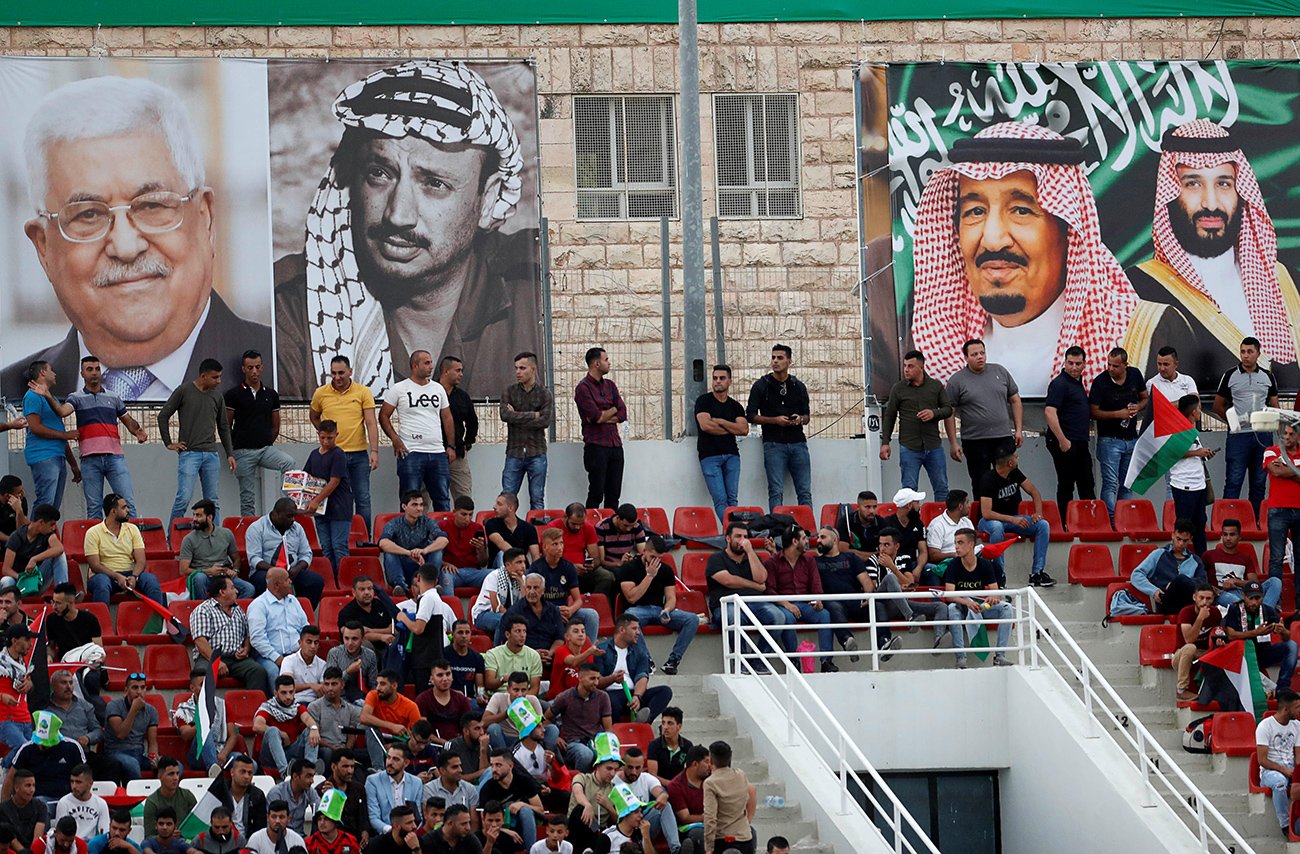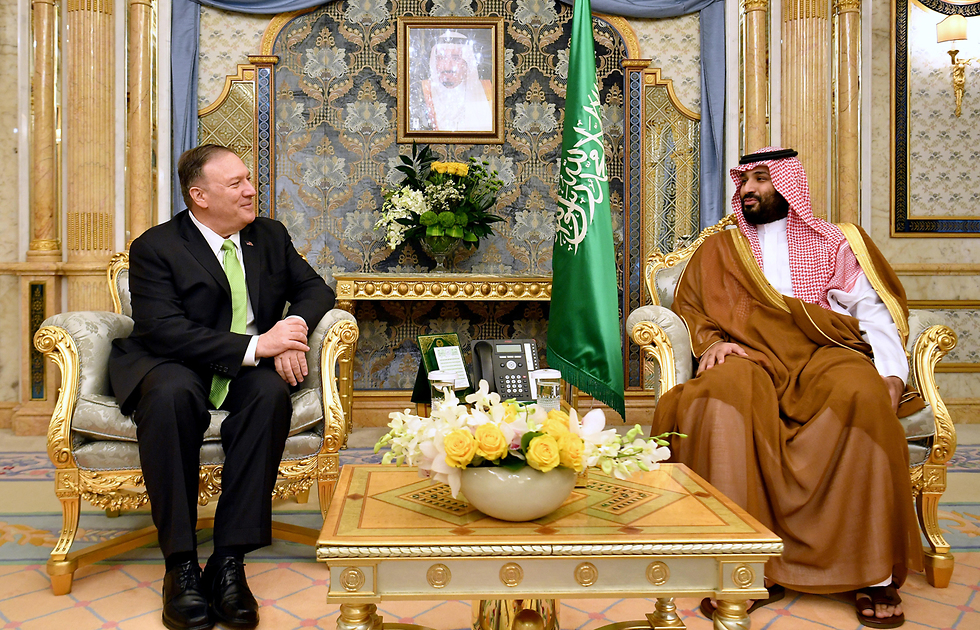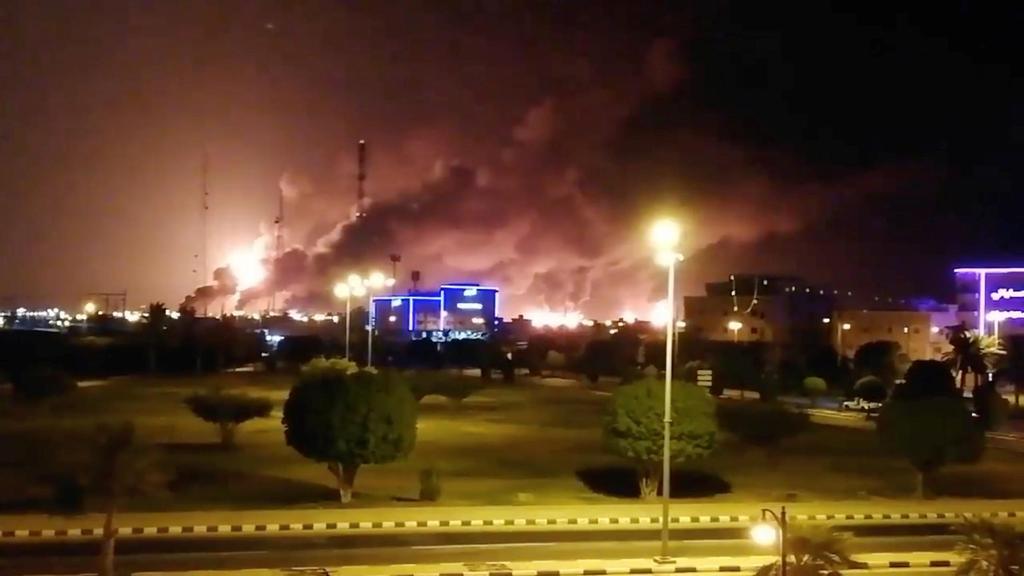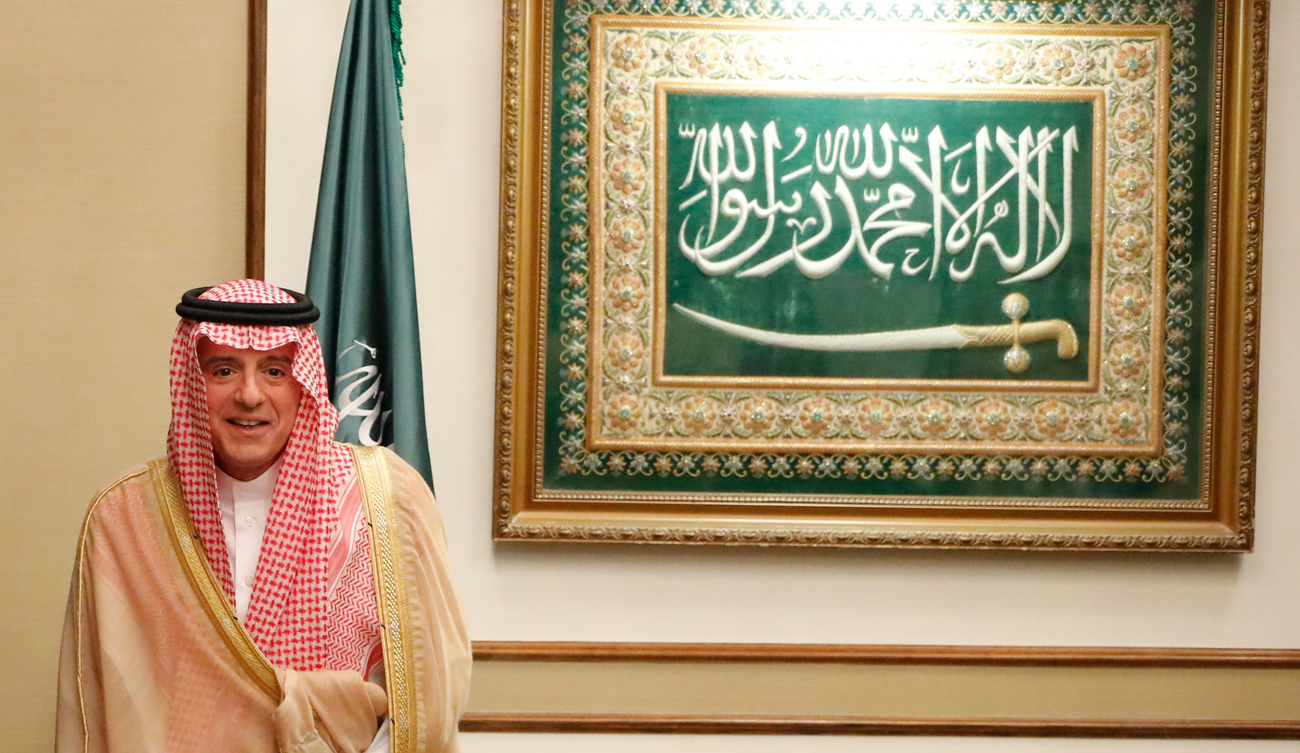Who are we supposed to believe when it comes to the true state of Israel-Saudi Arabia ties?
On one hand, Adel al-Jubeir, the veteran Saudi minister, insists that "we have no ties of any kind with Israel." On the other, Interior Minister Aryeh Deri, in an historic statement, called on Israeli businessmen to head to Saudi Arabia and explore options for joint ventures.
A single day passed between the apparently contradictory Saudi and Israeli messages - the first a denial and the second a surprising call to action.
But beneath the surface everything is coordinated, which both Deri and Jubeir - an experienced political fox who served as his country's ambassador to Washington – know all too well.
The truth is that Israeli delegations have been quietly visiting Saudi Arabia for the past two years. Some were accompanied by senior members of the security community, some by businessmen.
Most – although not all – hold passports from other countries, but it is clear to their Saudi hosts who they really are and where they really came from.
In fact, I recently received a box of cookies with "Made in Jeddah" written in English and Arabic. The gift giver did not have to explain where they came from.
4 View gallery


Pictures, L-R, of Palestinian President Mahmoud Abbas, late Palestinian leader Yasser Arafat, Saudi Arabia's King Salman and Crown Prince Mohammad bin Salman, at a World Cup qualifier between Palestine and Saudi Arabia in the West Bank, Oct. 2019
(Photo: Reuters)
For now, not every Israeli will be able to saunter into Saudi. Only those with foreign passports will be able to chat with the locals and visit see the famed sights.
Permits for entering the kingdom are in the hands of Crown Prince Mohammed bin Salman and his associates, and they are the ones who decide which Israelis will benefit from this brave new world, while naturally monitoring them closely.
Bin Salman continues to cultivate the new desert city of Neom as a modern tourist destination, while investors and businessmen stream in.
International partnerships are also opening up in Jeddah - and Israel is proposing to bring Saudi Arabia into the high-tech world and expand its local food industry.
Everyone who has traveled from Israel to Jeddah so far has done so by special flight (in coordination with the security community) or through Royal Jordanian Airlines.
4 View gallery


Saudi Crown Prince Mohammad bin Salman hosts U.S. Secretary of State Mike Pompeo
(Photo: Reuters)
The man on the street in Saudi Arabia does not yet know how to spot and Israeli, nor does he dream that they will be firmly on his side very soon. He also finds it difficult to speak openly about possible ties or partnerships with Israel.
But bin Salman sees this as an opportunity to divert attention from the murder of journalist Jamal Khashoggi and to cast a veil over the scores of prisoners - mostly women - who have been fighting for human rights. He knows that Israeli visitors who come openly to the kingdom will create a real buzz.
4 View gallery


The site of the attack on a Saudi oil facility that the kingdom blamed on Iran
(Photo: Reuters)
Perhaps more importantly to the Saudis, this would be a massive slap in the face to the Iranians. In Saudi Arabia, the severe damage caused to the Aramco oil facility by the Revolutionary Guard Corps has not been forgotten.
Iran has already come out swinging against the "new relationship" without explicitly naming names, for the Saudis are officially insisting – for now - that there are no relations "with the Zionists."
Everyone - especially in Iran - knows, however, that Deri's message was not without prior coordination and is waiting to see how this state of affairs unfolds.


